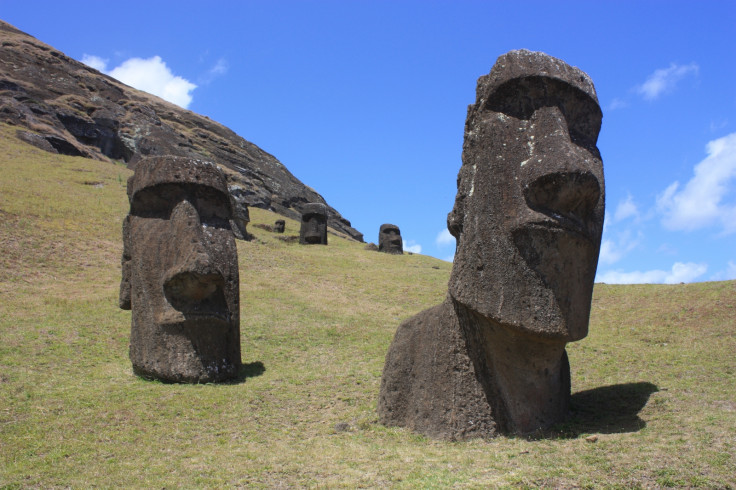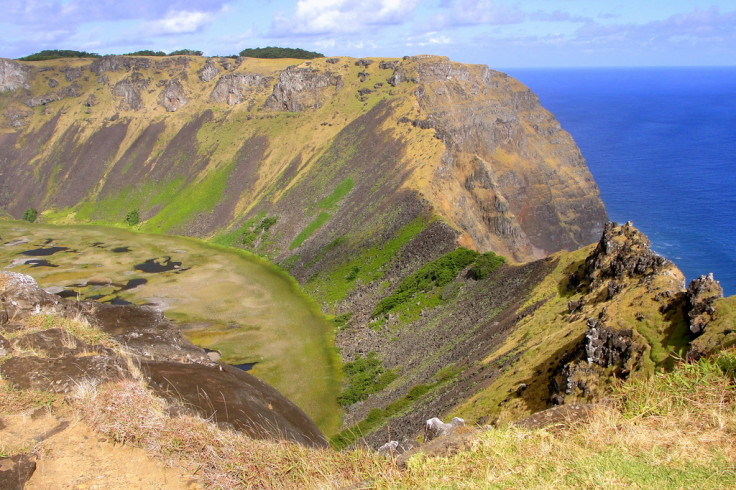Easter Island: Cannibalism not behind demise of Rapa Nui population

The demise of the inhabitants of Easter Island was not a result of warfare that descended into widespread cannibalism, a study has found.
Instead, they died off following the arrival of Europeans, who brought with them syphilis, smallpox and slavery.
Published in the journal Proceedings of the National Academy of Sciences, authors were looking to evaluate the "long-standing debate" about the downfall of the prehistoric population of Rapa Nui.
"Many researchers believe that prehistoric Rapa Nui society collapsed because of centuries of unchecked population growth within a fragile environment," they wrote. "Recently, the notion of societal collapse has been questioned with the suggestion that extreme societal and demographic change occurred only after European contact in AD 1722."
It had been believed that the civilisation of Rapa Nui collapsed before the arrival of Europeans. Studies had suggested extreme deforestation led to the destruction of the fertile soil. This coupled with a rapidly expanding population resulted in warfare, widespread famine and eventually cannibalism.
However, researchers now say there is a lack of evidence to support this theory and there is no precise chronological framework showing the civilisation's demise.
The authors looked at land use on Easter Island and found activity before the arrival of Europeans, with decline in some near-coastal and upland areas. In post-contact Easter Island, the decline increased.

"These temporal land-use patterns correlate with rainfall variation and soil quality, with poorer environmental locations declining earlier. This analysis confirms that the intensity of land use decreased substantially in some areas of the island before European contact.
"Our paper evaluates a long-standing debate and examines whether the prehistoric population of Rapa Nui experienced a significant demographic collapse prior to European contact in AD 1722.
"This analysis demonstrates that the concept of 'collapse' is a misleading characterization of prehistoric human population dynamics. As a result, we see our approach as useful in the study of other prehistoric societies for which a sudden demographic collapse has been proposed in prehistory."
Professor Sue Hamilton, an Easter Island expert from UCL, commented on the study. She told The Times that the study vindicates the Rapa Nui, showing "their story is one of ingenuity, resilience and resourcefulness" – not cannibalism and warfare.
"It is a terrible presumption to say there was a food shortage. Yes, if you take away trees you expose the soil to having its nutrients flushed away, but you can do other things. Starvation is not an automatic result of tree removal, and neither is warfare."
© Copyright IBTimes 2025. All rights reserved.


















